Built-In Prompt Templates to Boost AI App Development Process


Creating AI applications is a complex process that requires a deep understanding of large language models and their features. Are you looking for a more efficient way to advance the development of your AI application? You need to look no further than LLM Spark’s robust toolbox. With its extensive feature set, this developer platform is completely changing how AI applications are made. The inclusion of prompt templates, which is a game-changer in streamlining the complex process of developing AI apps, is one particularly noteworthy feature.
LLM Spark, as a developer’s platform, is meticulously built to facilitate the creation of artificial intelligence applications. The Prompt Templates feature within this platform is a highly useful tool for developers aiming to streamline their workflow.
A Prompt is a natural language text and series of instructions given to an AI that regulates its behaviour. These instructions are critical in deciding how your AI model will react to various inputs or queries. Prompts, in essence, serve as the foundation for an AI model’s responses.

Developers can build many prompt and scenarios. A scenario represents a user’s query or request to the AI model. These scenarios define a unique form of request, allowing developers to seek actionable insights customised to specific customer requirements.
Working with AI models is exciting because of their diverse behaviours when given particular instructions. Each Language Model (LM) has its own set of complexity and capabilities. To the value of these models, we need to understand Prompt Engineering.
Prompt engineering is the process where you guide generative artificial intelligence (generative AI) solutions to generate desired outputs. Even though generative AI attempts to mimic humans, it requires detailed instructions to create high-quality and relevant output. In prompt engineering, you choose the most appropriate formats, phrases, words, and symbols that guide the AI to interact with your users more meaningfully. Prompt engineers use creativity plus trial and error to create a collection of input texts, so an application’s generative AI works as expected.
Prompt templates are essentially pre-made prompts that are integrated into LLM Spark. These templates give developers the ability to use these prompts with ease, with just a single click. The simplicity of this capability is its beauty—it lets developers quickly test out different Language Model (LM) replies to a range of queries. This approach works quite well for determining which model is best suited for a certain task.

The ability to quickly apply pre-made prompts to various LLMs by accessing a collection of them. This speeds up the development process and makes it easier to fully understand how various models react to various inputs. Prompt templates enable developers to choose the model that most closely matches project needs by speeding the evaluation phase.
Although using the pre-installed Prompt Templates has many benefits, LLM Spark goes above and beyond by enabling developers to design unique prompt templates that meet their unique requirements.

Once you have created your prompts and scenarios within the playground, its time for testing. LLM Spark makes the testing phase easier, allowing developers to assess how their prompts interact with different language models and scenarios by running various prompts and scenarios on various LLMs. This process ensures the prompt’s effectiveness in generating the desired AI responses.
First Select the the model Provider:

In this situation, I’m using OpenAI: Turbo GPT-3.5 and Turbo GPT-4

By clicking on RunAll, It will execute every Prompt and Scenerio

After successfully testing your prompt, deploying it within your AI application is a seamless process. When you click on the three dots, a window will appear.

Now just click on Deploy prompt

Suggested Reading
The integration of built-in prompt templates into LLM Spark provides developers with a flexible toolkit for simplifying, accelerating, and improving the AI app development process. LLM Spark enables developers to maximise the potential of AI apps by allowing them to use pre-built templates or create unique prompts.
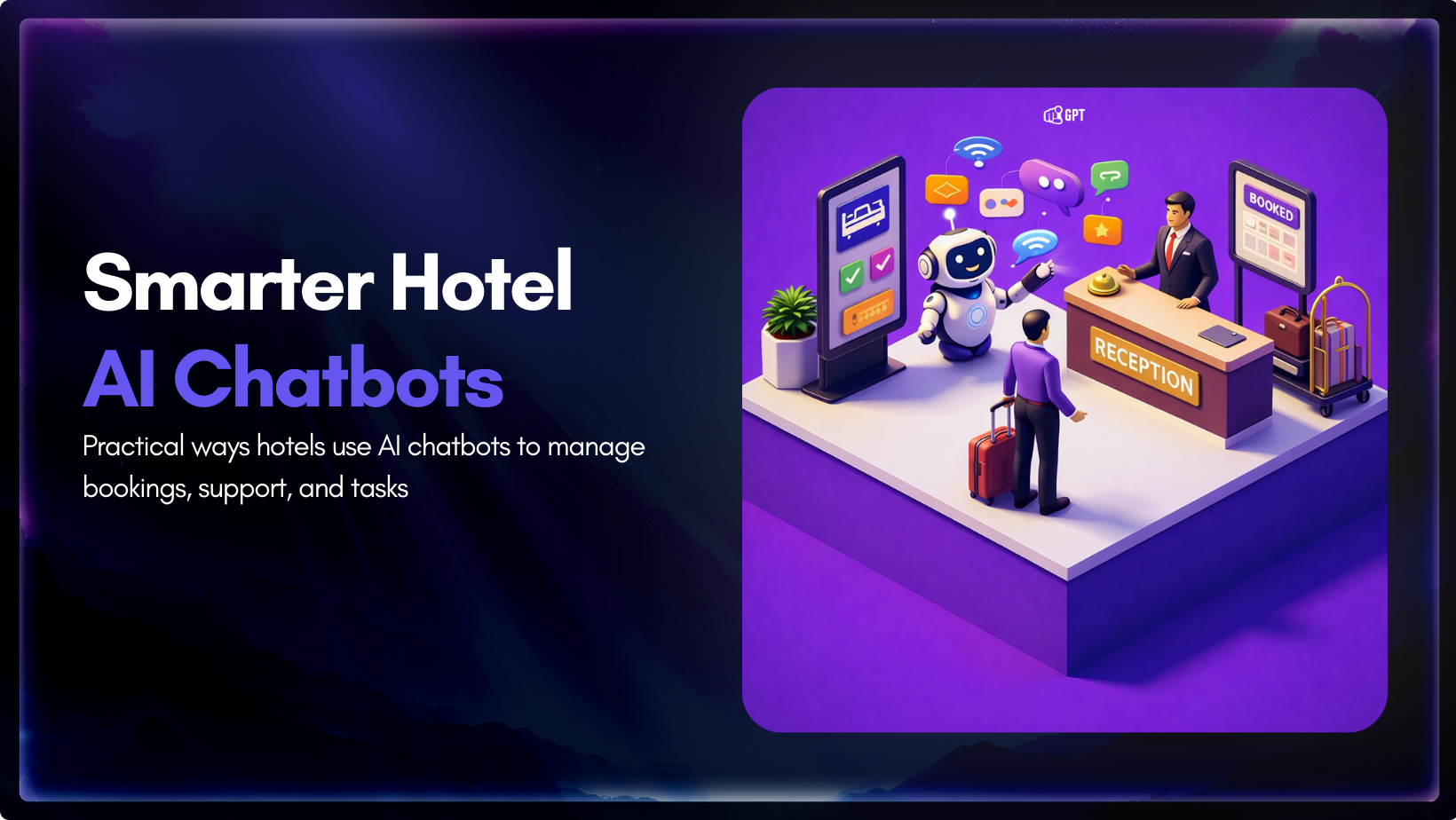
Hotel guests don’t wait for business hours to ask questions. They message whenever it’s convenient for them, which is usually when your staff aren’t available to respond. If they don’t hear back quickly, they book elsewhere. The requests themselves are rarely complicated. Guests want to know about availability, check-in procedures, whether pets are allowed, or […]

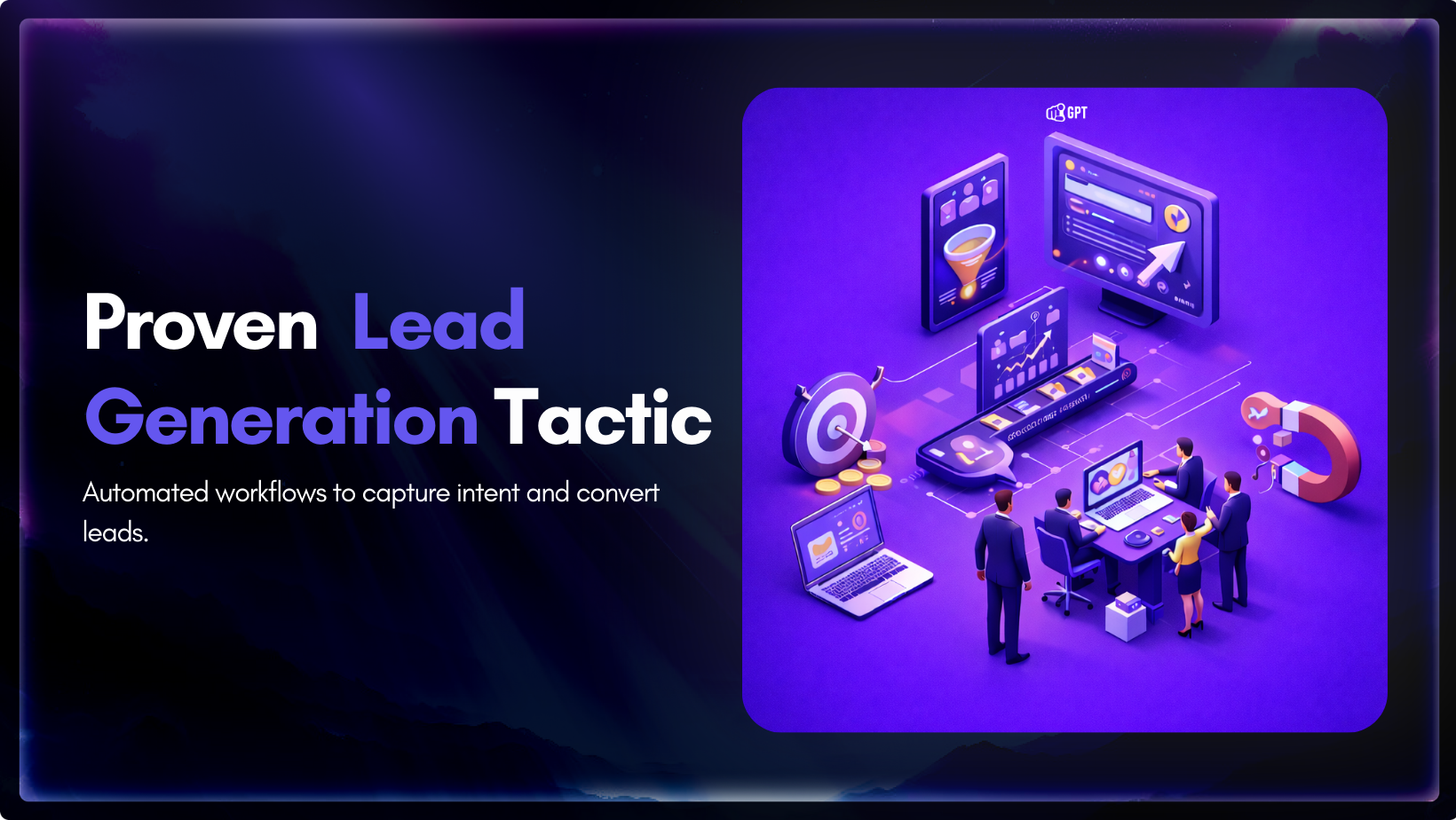
TL;DR Lead generation in 2026 works best with a multi-channel system, not isolated tactics. This blog covers 18 proven strategies and 12 optimizations used by top teams. You will learn how to combine AI, outbound, content, and community to build predictable lead flow at any scale. Lead generation is the lifeblood of every business. Without […]

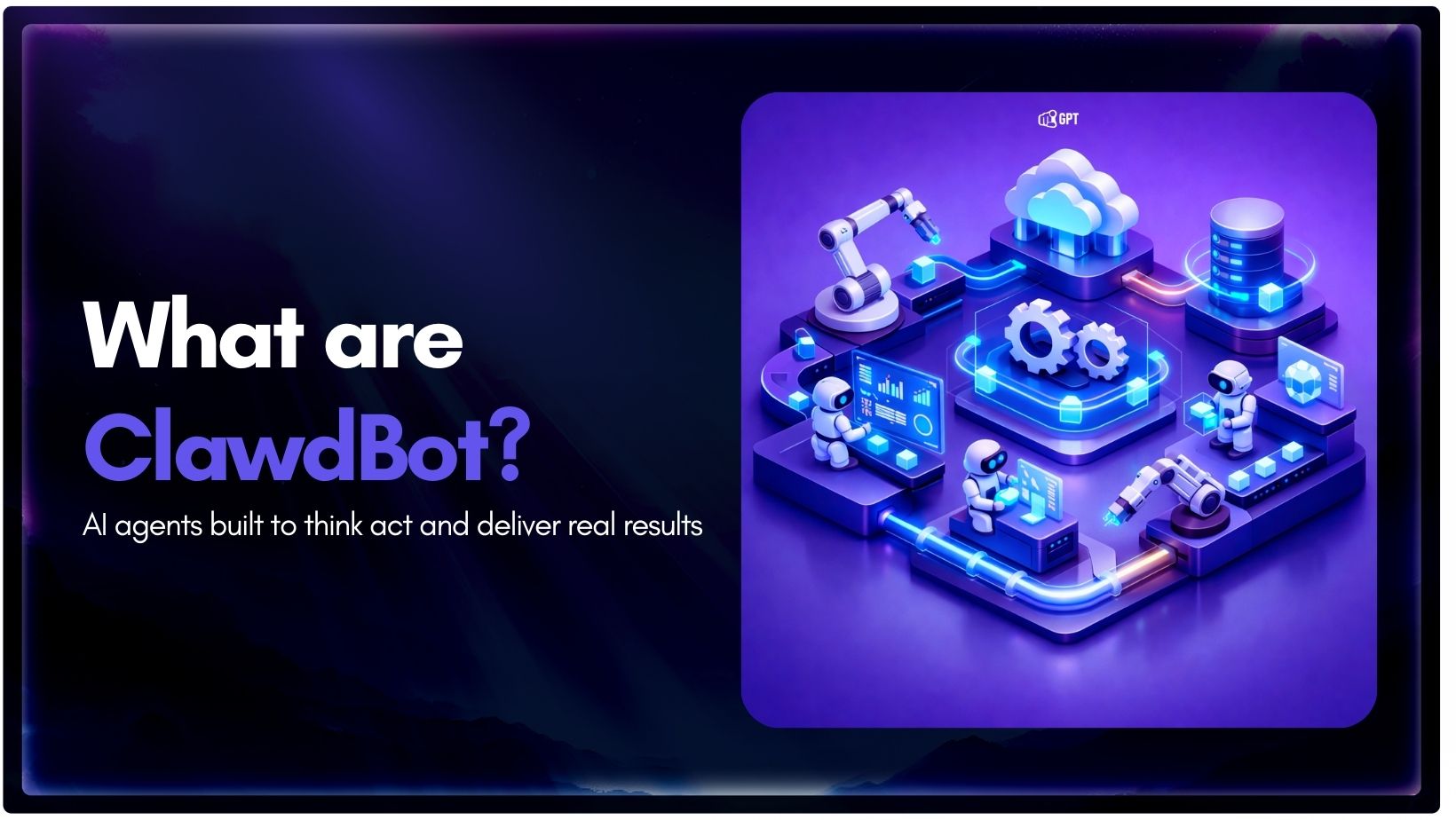
In 2026, “How many AI agents work at your company?” is not a thought experiment. It is a practical question about capacity. About how much work gets done without adding headcount, delays, or handoffs. Most teams have already discovered the limits of chatbots. They answer questions, then stop. The real opportunity is in AI agents […]

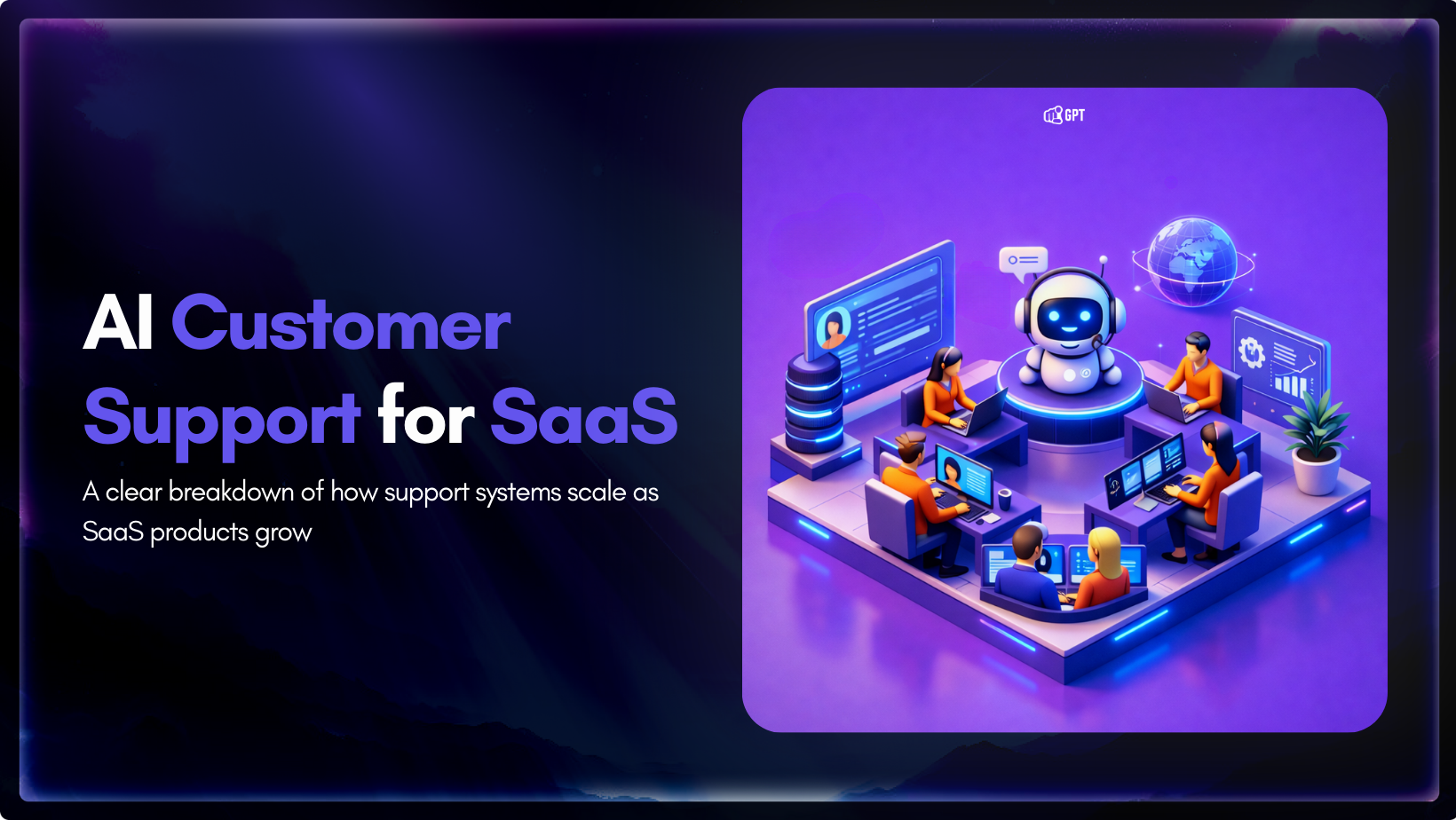
TL;DR SaaS support needs chatbots that understand account context, handle real workflows, and preserve conversation continuity. AI delivers the most value during onboarding, billing queries, recurring product questions, and pre-escalation context collection. Tools limited to scripted replies or weak handoff increase friction instead of reducing it. :contentReference[oaicite:0]{index=0} fits SaaS teams that need account-aware automation and […]

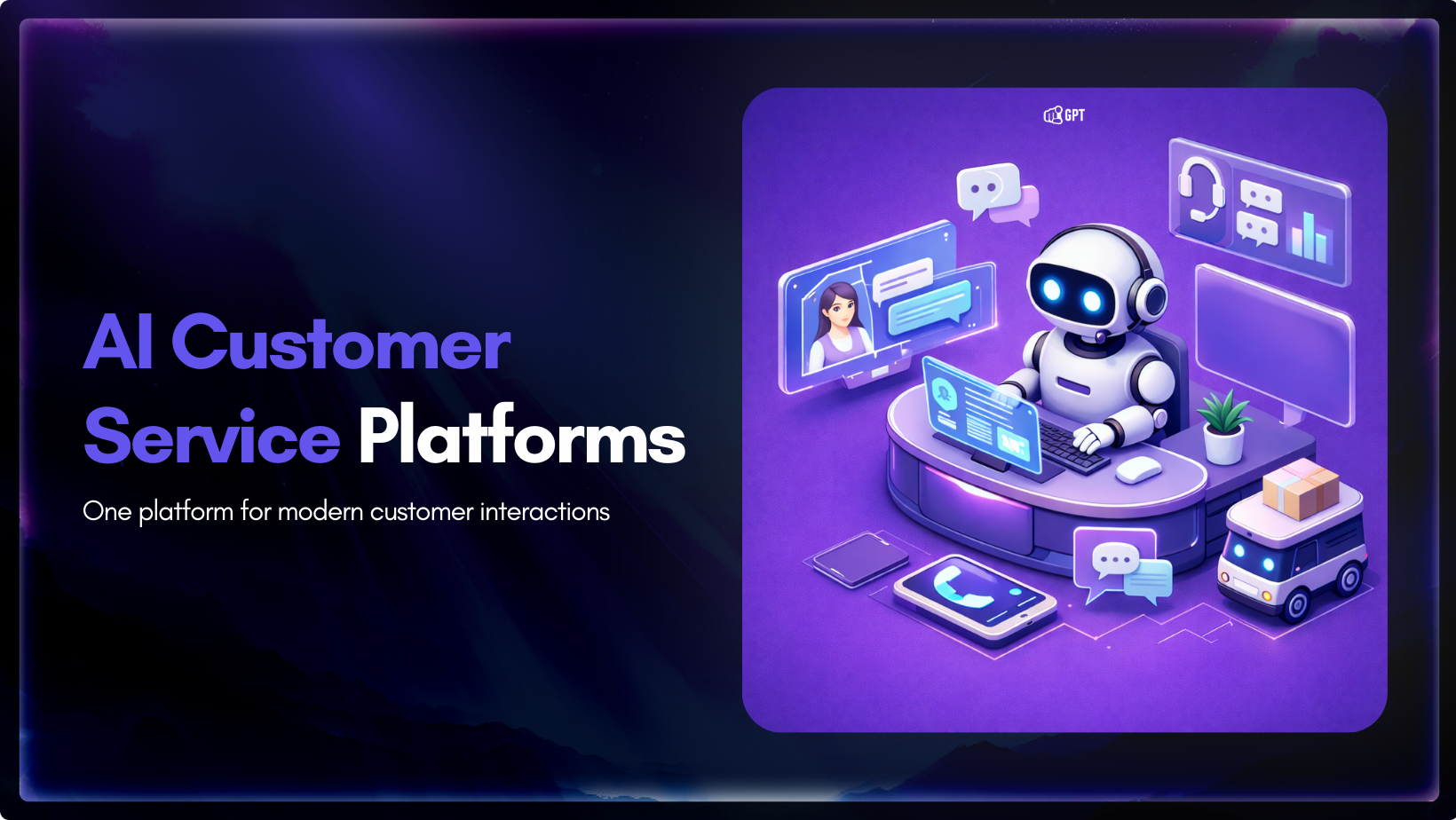
Customer support has become a central part of how modern businesses build trust and long-term relationships with their customers. As products and services grow more complex, support teams play a direct role in shaping the overall customer experience, not just in resolving issues after a sale. Support teams today manage conversations across multiple channels, respond […]

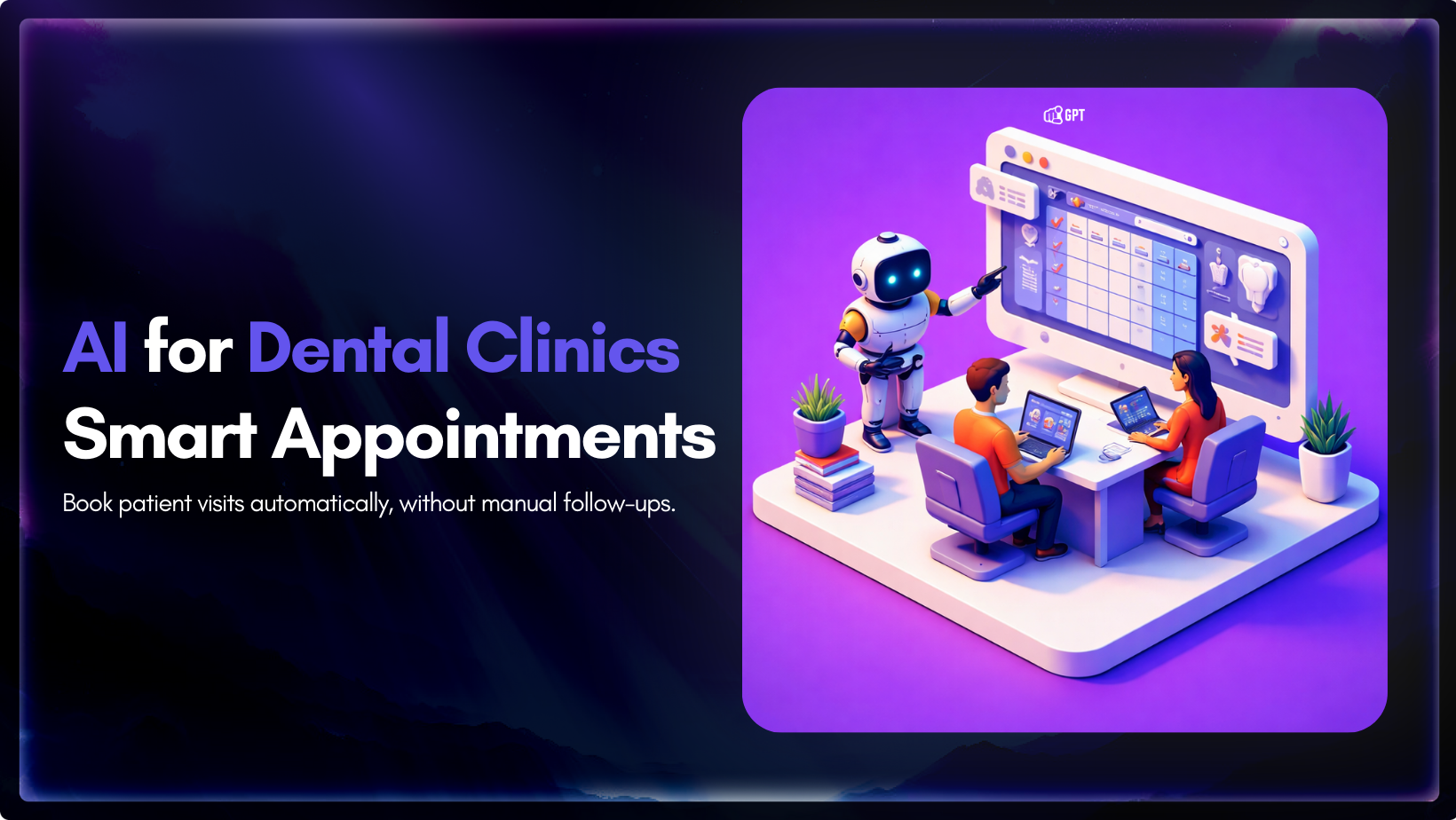
Discover how AI appointment booking transforms dental clinic operations by capturing after-hours demand, reducing no-shows, and streamlining scheduling. Learn practical implementation strategies, ROI metrics, and why modern practices are rapidly adopting this technology.
